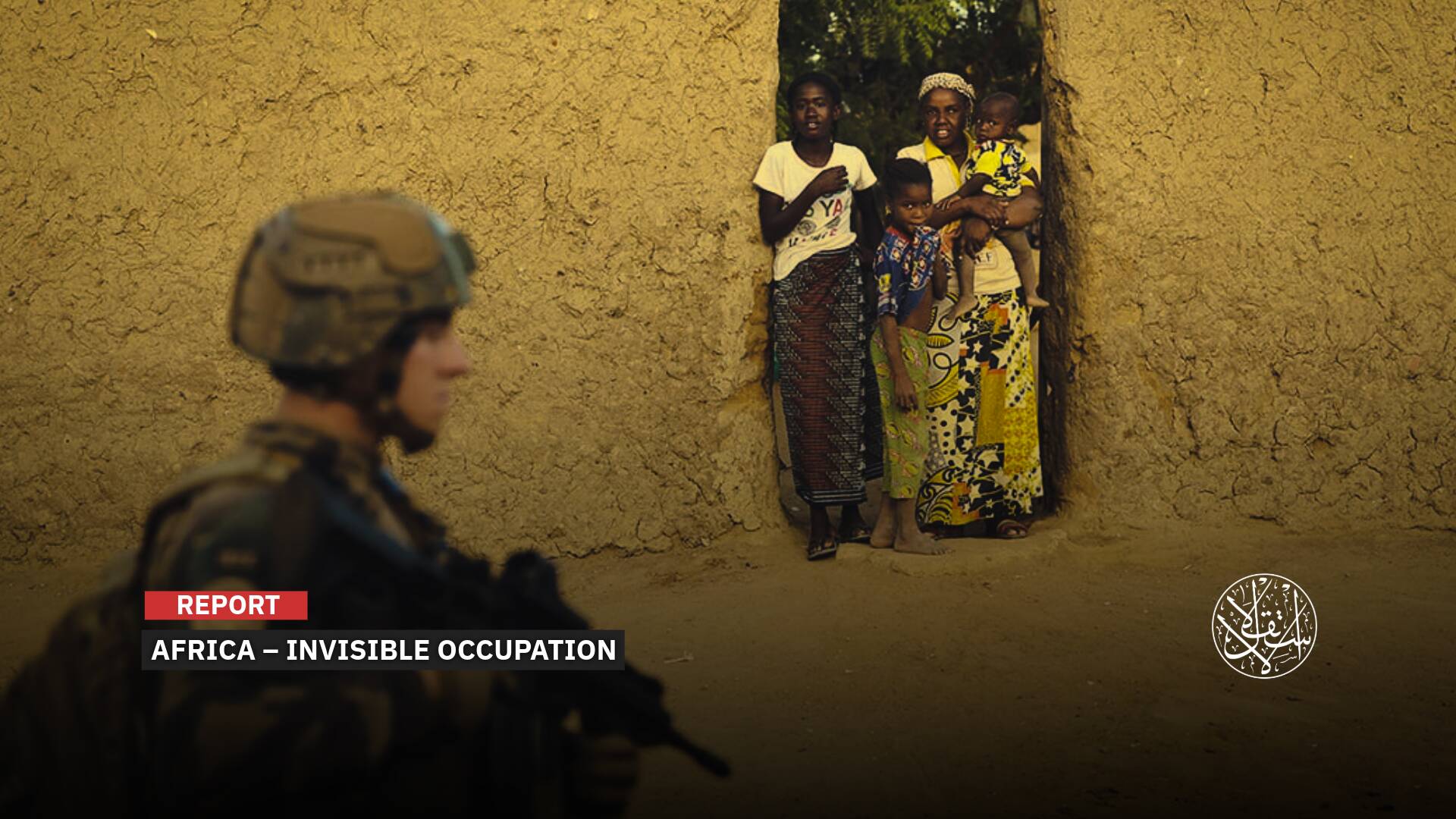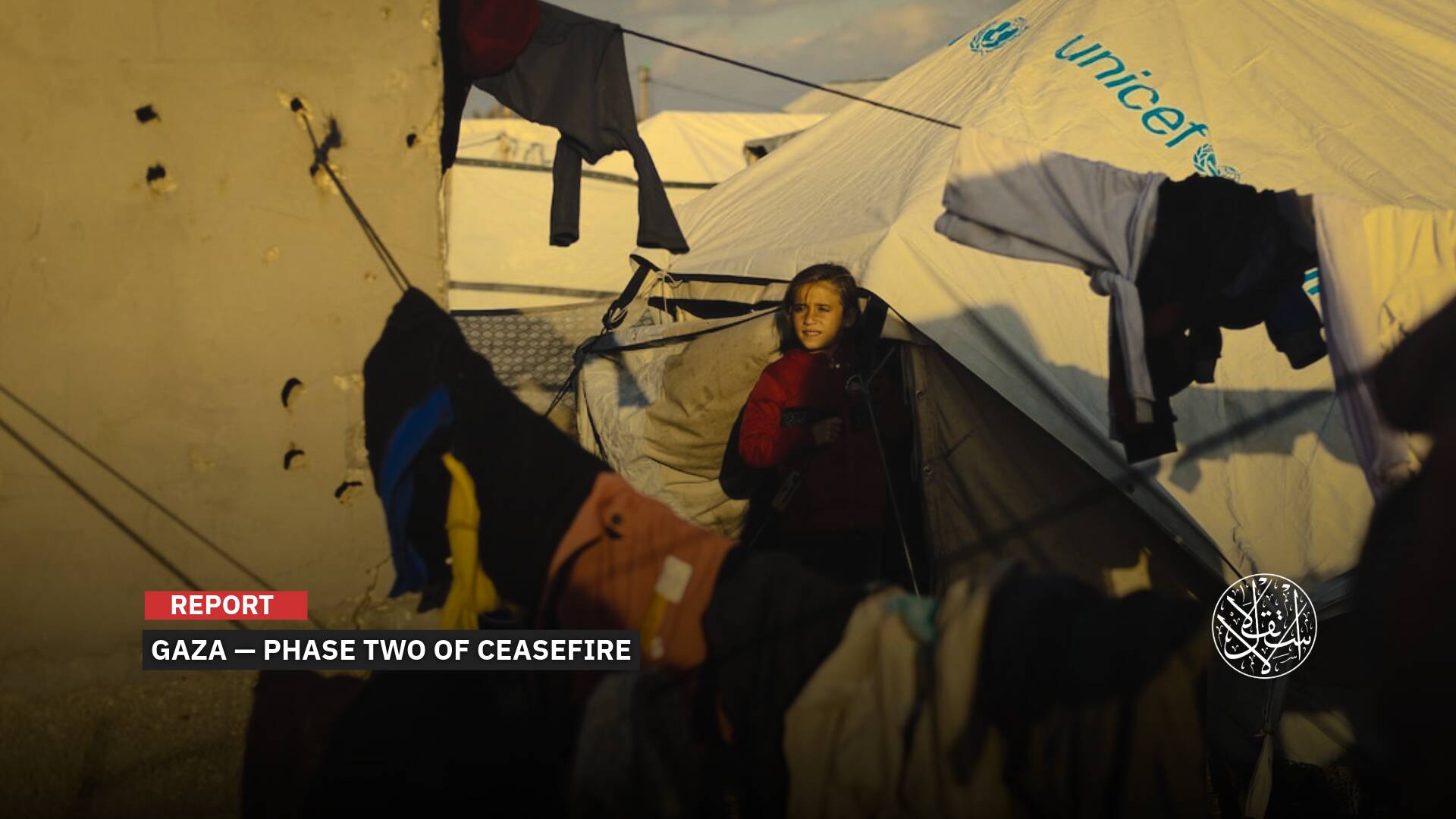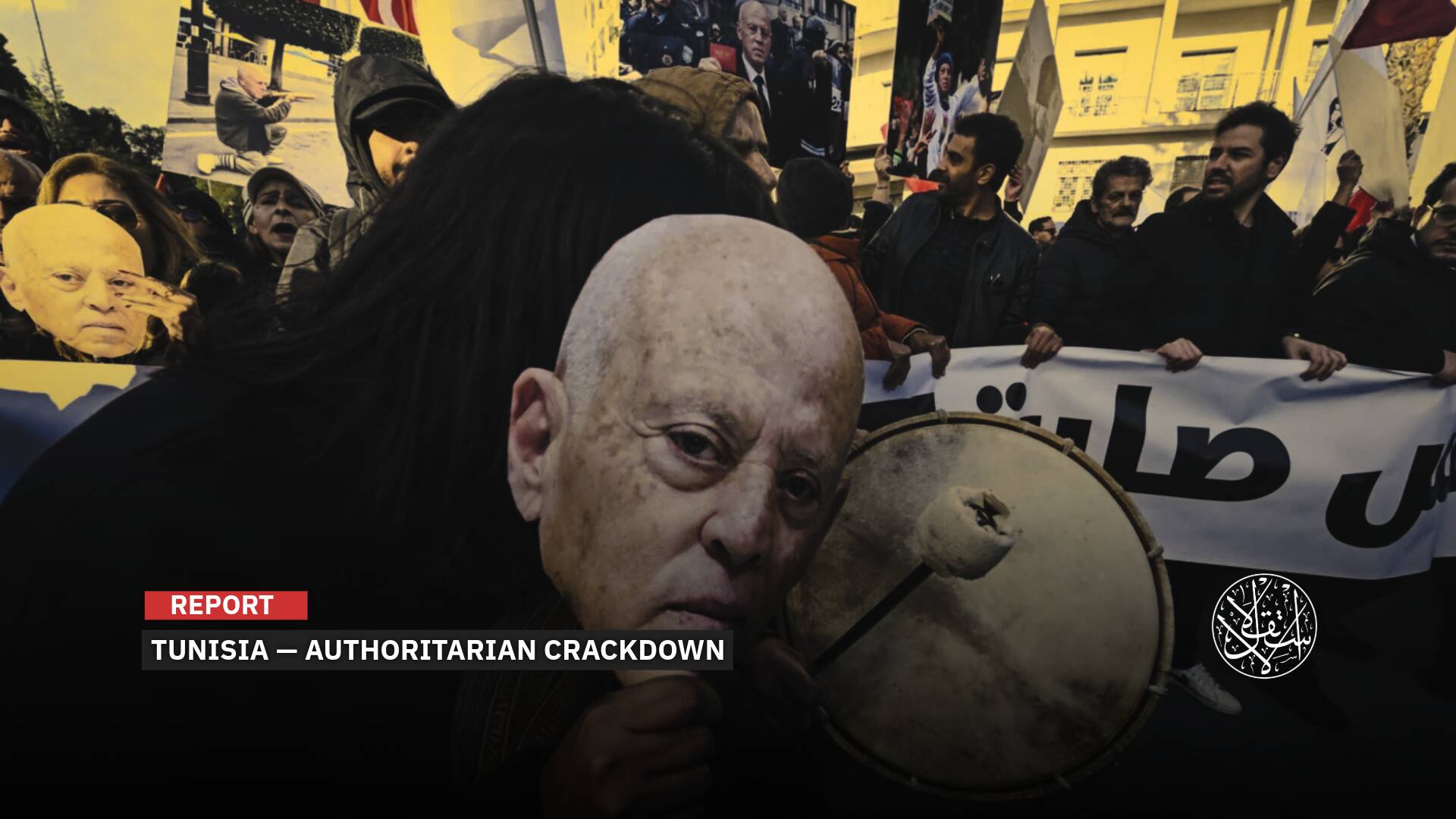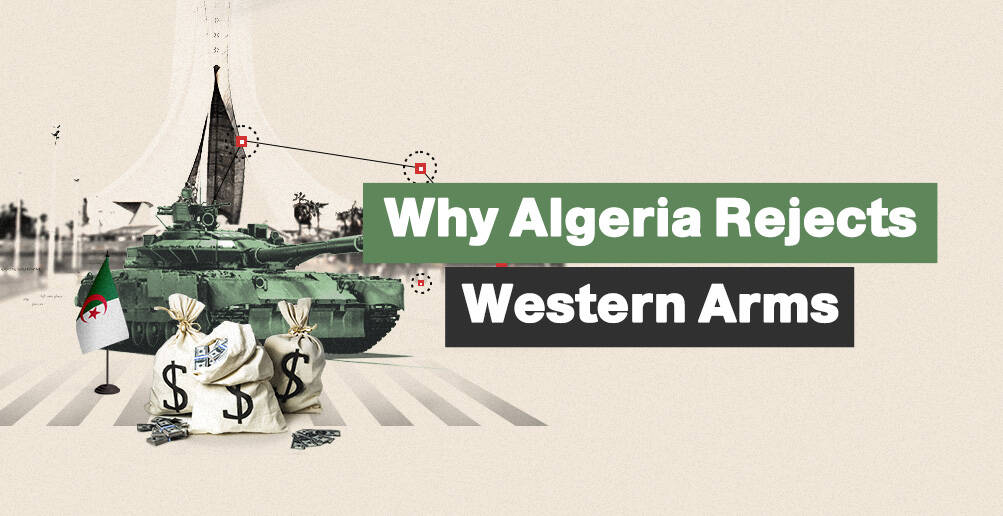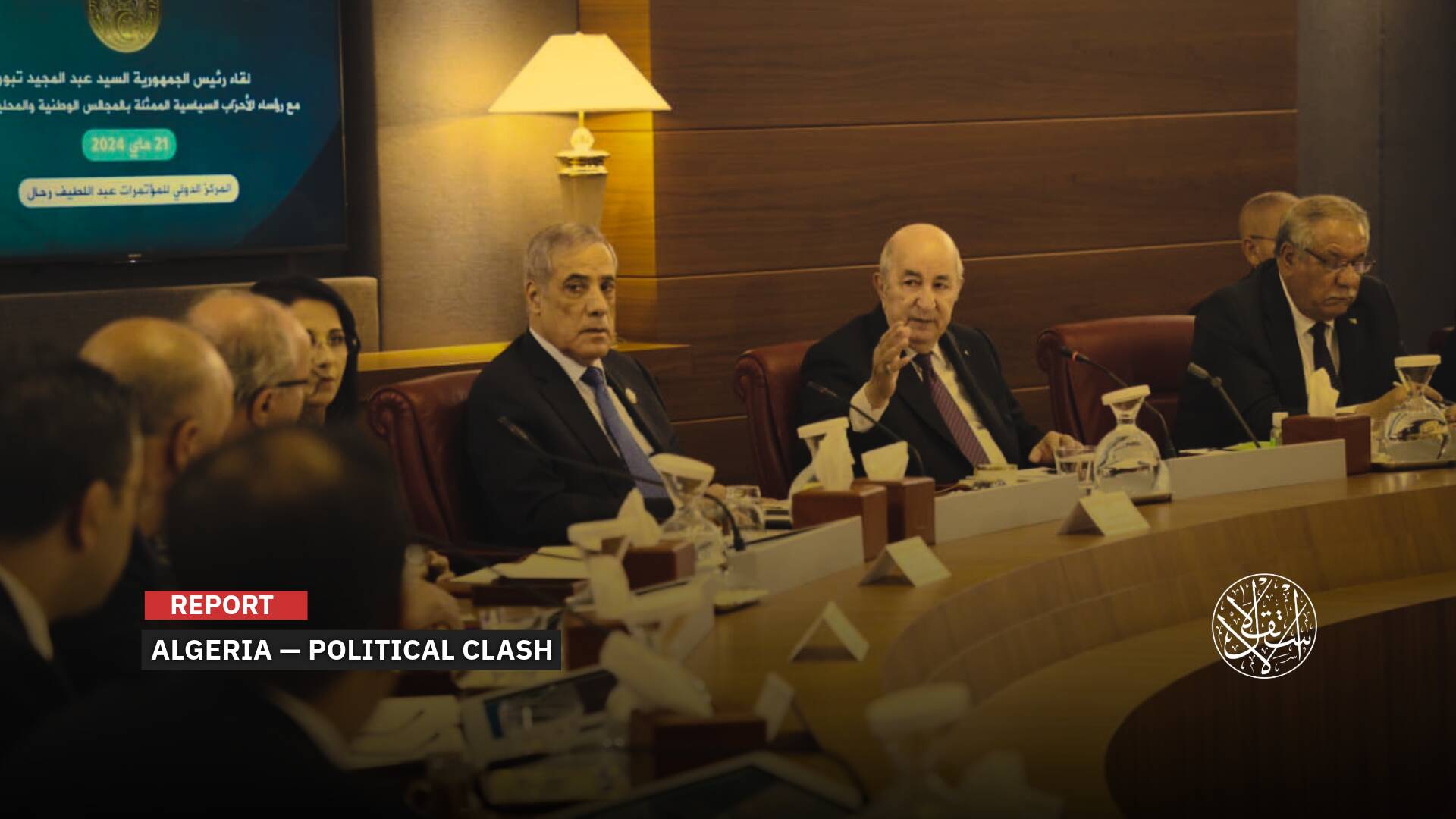Senegal Faces Fresh Economic Crisis Triggered by the IMF: What’s Going On?

The new government faces steep challenges.
Senegal’s economy has taken an unexpected blow after the International Monetary Fund announced that there is no set timeline for resuming talks over a new funding agreement.
Negotiations, which were expected to restart this month, focused on a $1.8 billion package (over 1,000 billion West African CFA francs), have been put on hold, Africa Intelligence reported on June 9, 2025.
The delay follows an internal audit by Senegal’s General Inspectorate of Finance, approved by the Court of Auditors, which uncovered irregularities in the country’s public finances between 2019 and March 2024.
The investigation revealed serious misreporting of public debt and budget deficit figures during Macky Sall's presidency.
IMF Communications Director Julie Kozack told the press that the Fund is still awaiting the final audit results. She noted that handling such a complex case requires time and detailed procedures, signaling that financial discussions are unlikely to resume anytime soon.
Meanwhile, the new government led by President Bassirou Diomaye Faye is facing immense challenges. With shrinking fiscal space, rising social demands, and an urgent need for external funding, the pressure is on to stabilize the economy and deliver on critical priorities.

Government Left Waiting
Senegalese outlet Enquete Plus reported on June 16, 2025, that the now-suspended IMF program was something the government had been “eagerly awaiting.”
Finance Minister Cheikh Diba had earlier expressed optimism that negotiations with the IMF would resume in April 2025, with the goal of reaching a new agreement by the end of June. He had confidently announced plans for a new program to be finalized no later than the end of that month. But that hope has since evaporated.
According to the same source, the IMF is also considering whether to demand early repayment of the $700 million already disbursed under the suspended agreement, or to allow the original repayment terms to stand via a waiver. No decision has been made yet.
The outlet noted that the launch of any new IMF program is contingent on either the Executive Board granting that waiver or on the correction of the reporting discrepancies. It emphasized: “No new discussions on a financing program can begin until one of those steps is taken.”
Given Senegal’s limited access to external financing, the country may be forced to either scale back planned spending or seek temporary assistance from regional lenders while the audit process concludes and international trust is rebuilt.
Senegal, long seen as a model of fiscal stability in West Africa, is now facing a stern warning from the IMF.
This is not a simple technical glitch, but something that raises serious doubts about the transparency of public finances under previous administrations, as per La Nouvelle Tribune.
The IMF’s decision has significantly narrowed the government’s room to maneuver, just as many of its social and economic initiatives require substantial financial backing.
Beyond the technical aspects, the standoff with the IMF highlights a deeper challenge around governance. The new administration, which came to power promising to break with the opaque practices of the past, now sees the crisis as an opportunity to rebuild the foundations of public management.
Restoring trust, the outlet stressed, will now require a thorough audit, increased debt transparency, and stronger financial oversight tools.
Without a clear fiscal framework backed by the IMF, the ability to fund social policies—especially under high public expectations—risks being seriously constrained.
The lack of long-term concessional funding is forcing the state to make tough choices between debt repayments, priority spending, and structural investment.

Uncertainty
Amid the suspension of its program with the IMF, Senegal has announced the issuance of $526 million in new bonds—an effort to fund its urgent priorities while simultaneously testing the confidence of regional investors.
According to Agence Ecofin on June 18, 2025, the move is part of a broader strategy to finance key development projects during the ongoing freeze in IMF negotiations.
The Senegalese government is seeking to diversify its funding sources by tapping into domestic, regional, and international savings.
The chosen mechanism is a public offering (APE), open from June 19 to 30, 2025, with three maturity options: five years at a 6.60% yield, seven years at 6.75%, and ten years at 6.95%.
Although these yields remain steady, they are being offered in a volatile environment. Senegal’s yield curve has shown unusual fluctuations, prompting investors to demand a higher premium for medium-term loans compared to long-term ones—an indicator of uncertainty surrounding the 2026–2027 outlook.
That period coincides with Senegal’s obligation to repay its Eurobonds, which have suffered steep discounts since March 2025.
The proposed interest rates are considered highly competitive, especially for the 7- and 10-year maturities. The Treasury hopes this will attract longer-term subscriptions while keeping borrowing costs at sustainable levels.
The funds raised will be channeled into priority sectors, including education, health, infrastructure, access to water, energy, agriculture, and digital technology.

Situation Assessment
Commenting on Senegal’s current period of economic and financial turmoil—made worse by a breakdown in trust with the International Monetary Fund—economist Seydina Oumar Seye said the country is “facing a difficult economic situation.”
“The suspension of relations with the IMF, following allegations of data manipulation, is casting a heavy shadow over Senegal’s fiscal outlook,” Seye told Al-Estiklal.
He warned that “Senegal risks losing the financial support allocated by the IMF,” calling it a crucial test of transparency for the country’s new leadership.
Detailing the economic picture, Seye noted that public debt rose from 48.8% of GDP in 2019 to 76.6% in 2023, reaching 14 trillion CFA francs that same year.
“This level of debt places a significant burden on the national economy, compounded by a persistent budget deficit, 6.2% of GDP in 2022, up from 4.8% in 2021.”
Seye also pointed to rising inflation, which reached 9.7% in 2023, sharply up from 2.5% in 2020, driven largely by global crises.
Economic growth, meanwhile, slowed from 6.5% in 2021 to 4.2% in 2023, mainly due to external shocks such as the COVID-19 pandemic and the war in Ukraine. The source added that youth unemployment remains a pressing concern.
In light of these challenges, Seye stressed the importance of “developing clear strategies to restore donor confidence and secure funding for Senegal’s Vision 2050.”
On the fiscal front, he noted, “The target is to reduce the deficit to 3% of GDP by 2025.”
Overcoming the Obstacles
“Combating corruption must be a top priority,” Seye said, calling for stronger anti-corruption institutions and the creation of specialized courts, an objective the new government has clearly committed to.
He sees these reforms as essential to financing the ambitious Senegal Vision 2050, which carries an estimated cost of 30 trillion CFA francs (around $25 billion).
President Bassirou Diomaye Faye officially launched Vision 2050 on October 14, 2024. The plan is designed to reshape Senegal’s future over the next 25 years, replacing the previous administration’s Emerging Senegal Plan.
The vision is built around four core pillars: building a competitive economy, ensuring environmental sustainability, developing human capital and social justice, and restructuring governance.
Its central goal is to triple annual per capita income by 2050, from $1,691 in 2023 to $4,500, while maintaining average annual growth of 6–7%.
Seye noted that economic diversification is “crucial for addressing the financial pressures created by the IMF’s conditions.”
“For example,” he said, “the digital sector’s contribution to GDP rose from 5% in 2020 to 8.5% in 2023.”
Resilience strategies also include boosting domestic revenue, with a target of increasing tax income by 12% by 2023.
Seye highlighted public-private partnerships as another promising path to bridge the funding gap. Currently, 15 such projects are underway, valued at 2 trillion CFA francs (about $3.5 billion).
“The key to overcoming these challenges lies in one essential factor: trust.” “Rebuilding and strengthening trust,” he said, “is now an urgent national imperative.”




